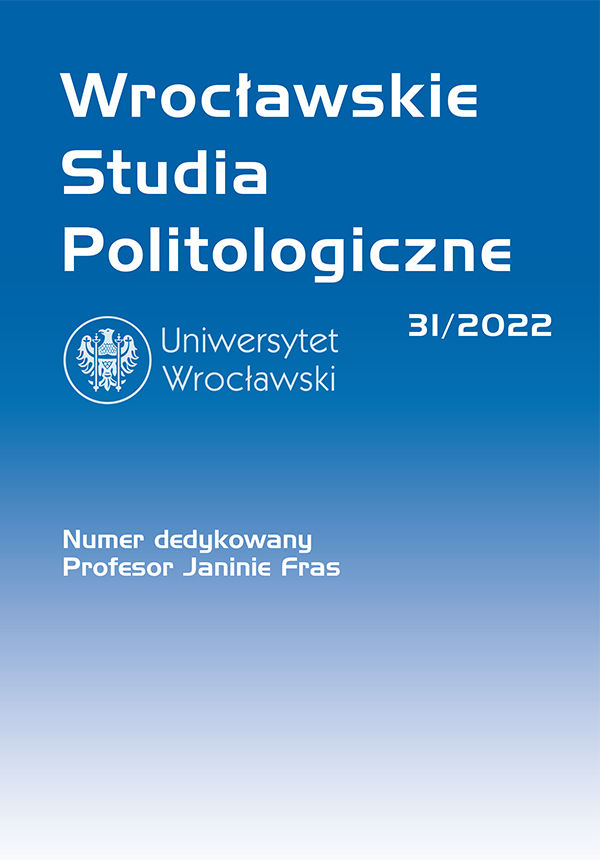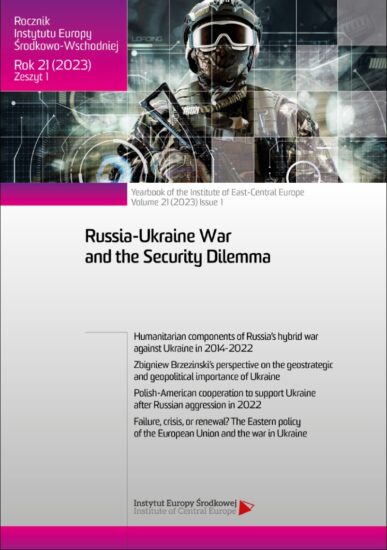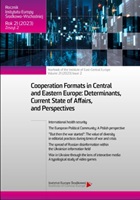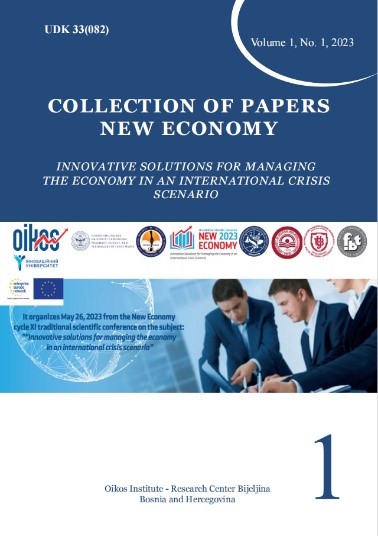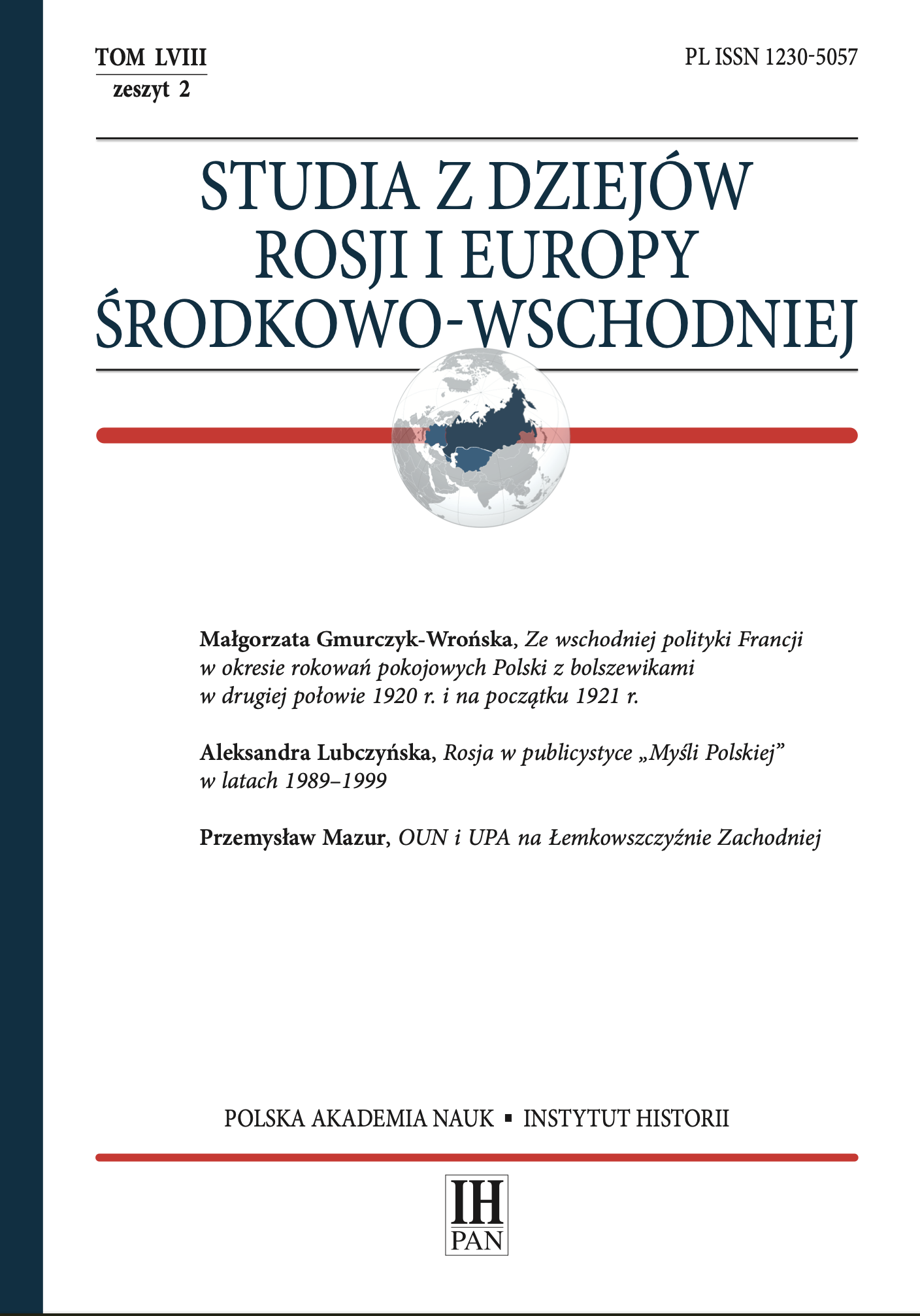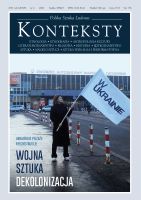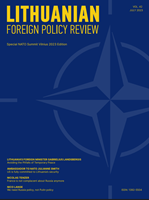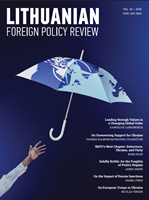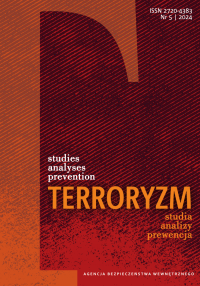
Między konfliktem zbrojnym a terroryzmem państwowym – szczególne indywidualne środki ograniczające przyjęte w Polsce w kontekście wojny w Ukrainie i sytuacji w Białorusi. Perspektywa prawna
The aggression of the Russian Federation against Ukraine in 2022 and the actions of Belarus, both at the internal level and in support of Russia, have caused numerous changes in the geopolitical dimension, with consequences reaching beyond the European continent. They also resulted in the adoption of specific legal measures, both at the European Union and national levels, to counteract support for this aggression. The aim of this study is to present national legal solutions regarding restrictive measures against persons and entities that were introduced by the Act on special solutions for counteracting support for aggression against Ukraine and for the protection of national security. The article sets out their relationship to the mechanisms contained in European Union regulations and identifies the need for legal changes to adopt permanent systemic solutions for the application of national restrictive measures.
More...
